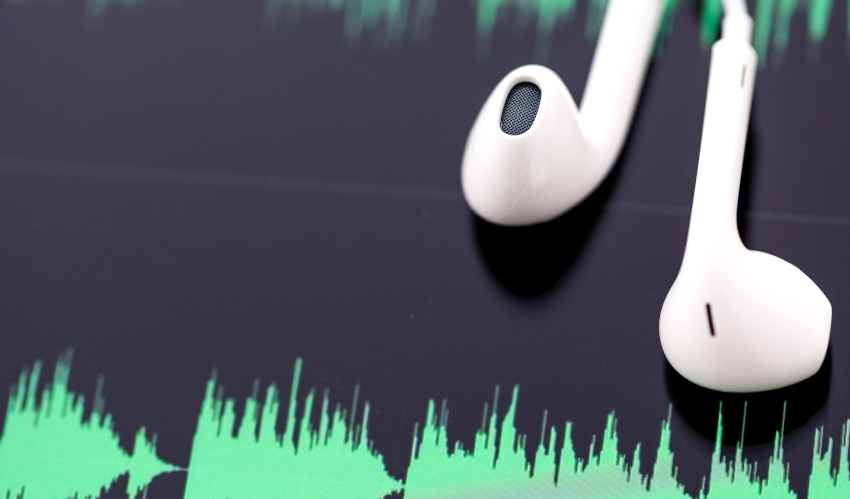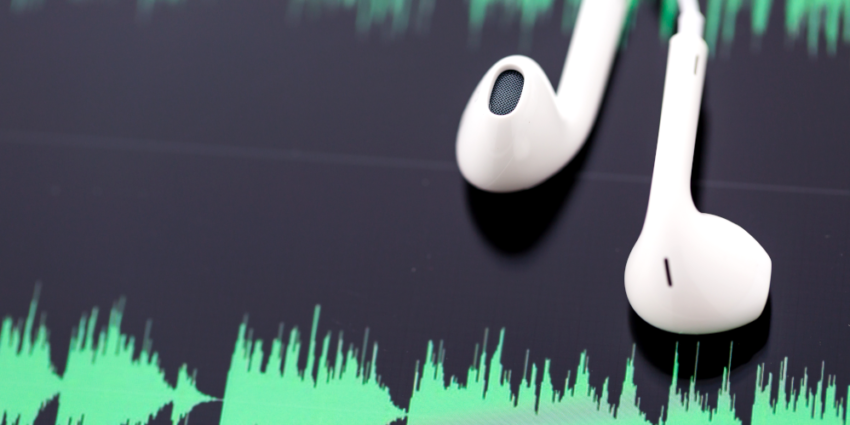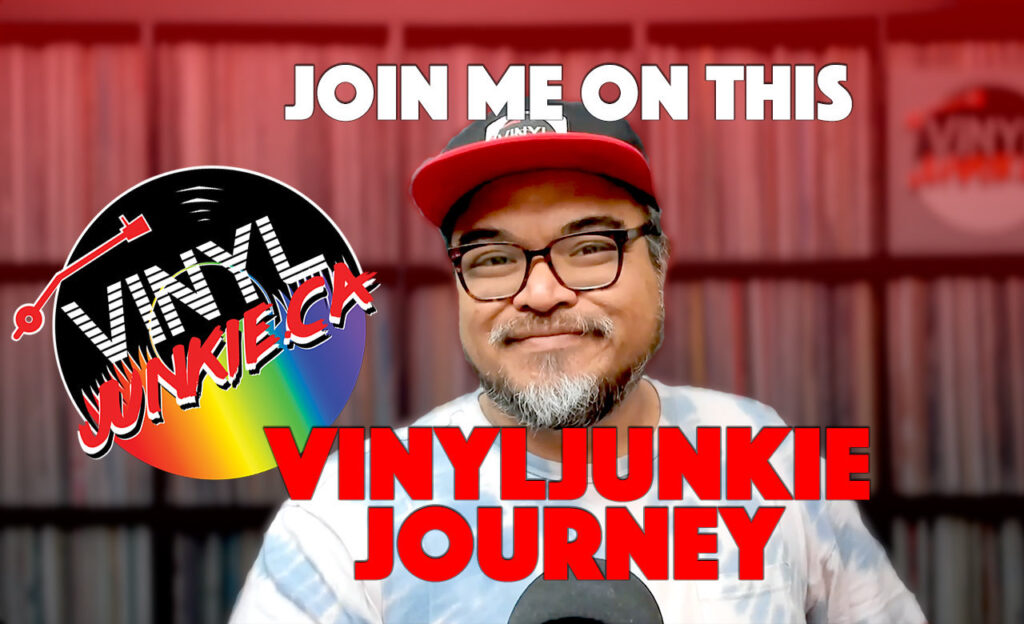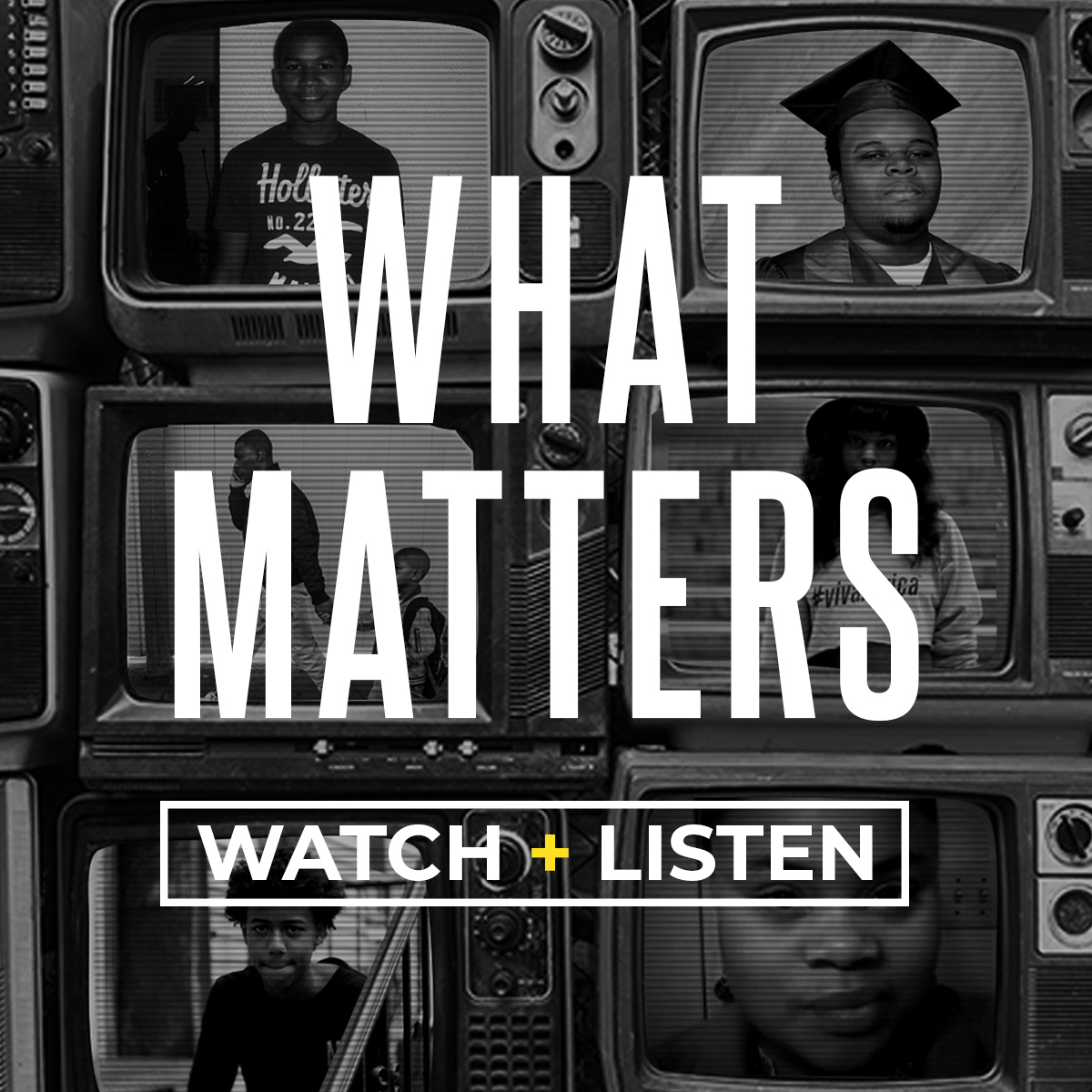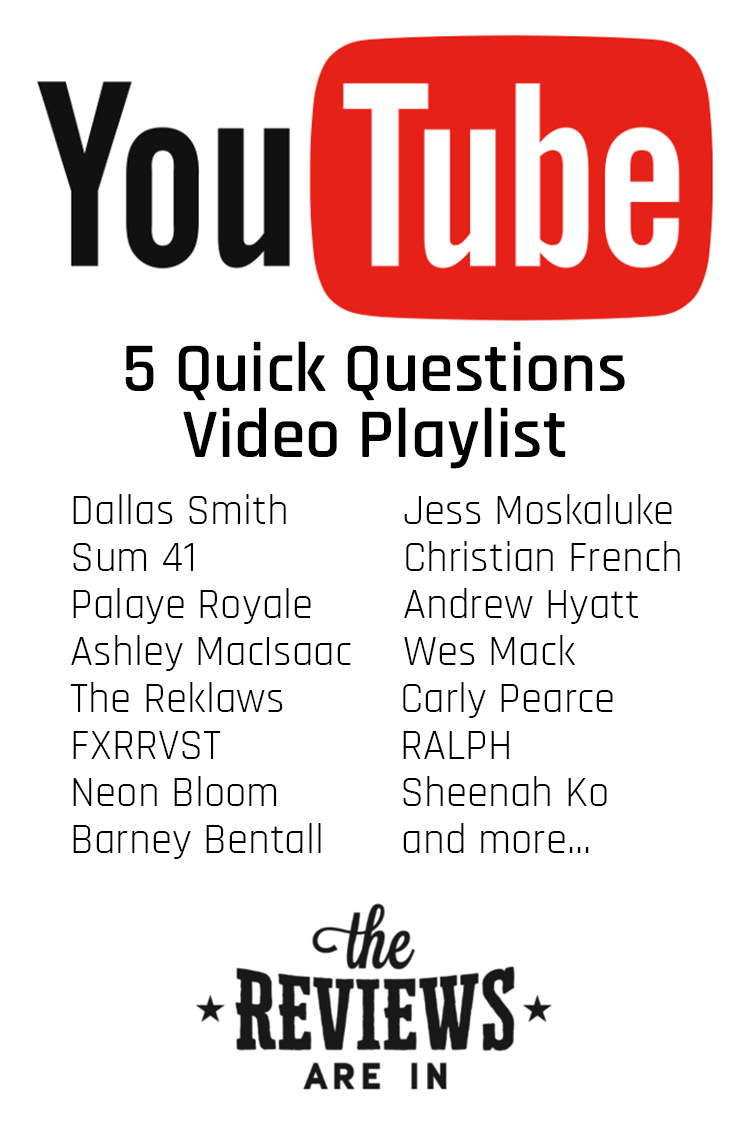Kings of Leon Released an Album as an NFT: What is this Technology and What Might it Mean for the Music Industry?
Kings of Leon have released a new album called When You See Yourself as a non-fungible token (NFT). NFTs are unique data – one-of-a-kind. They cannot be duplicated. This data can be sports memorabilia like the NBA’s Top Shot – a blockchain-based trading card game – which have been widely popular with fans or a collage, like Beeple’s which was sold for $69m. Kings of Leon claimed they were the first to do this. They aren’t, but other notable artists like Grimes, Aphex Twin, and Linkin Park’s Mike Shinoda have begun releasing music as NFTs in their wake.
NFT
NFTs work on blockchain technology and are a type of cryptocurrency. The likes of Bitcoin, Ethereum, XRP and Dogecoin have caused public interest in cryptocurrencies to balloon since the beginning of 2021, but they’ve been further and further integrated and accommodated by businesses and fintech products for a number of years. It’s only since the GameStop drama and Elon Musk tweeting about Dogecoin that cryptocurrency and its accompanying technology broke beyond its boundaries of in-the-knows with any sort of conviction.
One of the more receptive industries is online casinos. It’s been an industry which has seen many sites open to accepting different payment methods and making them standard across the board. Customers read reviews of sites like 777 casino for instance and tend to find e-wallets and prepaid cards accepted readily. Naturally, online casinos have been frontrunners and have been accepting bitcoin and other mainstream coins for a while, with some casinos cryptocurrency exclusive, using blockchain technology to underpin their whole site.
NFTs are the next step of this integration with the wider public. Music is the latest industry testing it out.
Music Industry
Artists don’t make a lot of money outside of merchandise sales and touring. Their income from streaming services like Spotify and Apple Music are notoriously low. However, as streaming has become essential to the music industry, it’s hard to not be on those services. Kings of Leon’s When You See Yourself was released on streaming services and as an NFT.
NFTs, then, come with the promise of considerable and consistent revenue. They allow direct-to-fan relationships to exist more totally, where money only passes from one entity to another, with no cuts being taken from host sites or labels (unless already arranged beforehand). The key idea is to “return value to music,” enabling artists to make more money from their products in an easier way.
The long-term viability for this is still up in the air. Audiences and fans will support artists. They will buy merch, tickets, and vinyl LPs. Streaming, though, is the predominant way fans interact with artists because they are now able to maintain relationships and listening experiences with hundreds, if not thousands, of artists. NFTs, in their application with music, dramatically change that scope. Do artists only need a small number of fans to buy NFTs for them to see improved profits? Is NFTs trajectory less about replacing streaming services and more about cutting out the middlemen in merch, tour, and vinyl transactions?
creator of content, daddy blogger, writer, coffee drinker, fan of the Batman. proud mo bro. prouder dad.
Kings of Leon Released an Album as an NFT: What is this Technology and What Might it Mean for the Music Industry?
By Joshua Murray
Kings of Leon have released a new album called When You See Yourself as a non-fungible token (NFT). NFTs are unique data – one-of-a-kind. They cannot be duplicated. This data can be sports memorabilia like the NBA’s Top Shot – a blockchain-based trading card game – which have been widely popular with fans or a collage, like Beeple’s which was sold for $69m. Kings of Leon claimed they were the first to do this. They aren’t, but other notable artists like Grimes, Aphex Twin, and Linkin Park’s Mike Shinoda have begun releasing music as NFTs in their wake.
NFT
NFTs work on blockchain technology and are a type of cryptocurrency. The likes of Bitcoin, Ethereum, XRP and Dogecoin have caused public interest in cryptocurrencies to balloon since the beginning of 2021, but they’ve been further and further integrated and accommodated by businesses and fintech products for a number of years. It’s only since the GameStop drama and Elon Musk tweeting about Dogecoin that cryptocurrency and its accompanying technology broke beyond its boundaries of in-the-knows with any sort of conviction.
One of the more receptive industries is online casinos. It’s been an industry which has seen many sites open to accepting different payment methods and making them standard across the board. Customers read reviews of sites like 777 casino for instance and tend to find e-wallets and prepaid cards accepted readily. Naturally, online casinos have been frontrunners and have been accepting bitcoin and other mainstream coins for a while, with some casinos cryptocurrency exclusive, using blockchain technology to underpin their whole site.
NFTs are the next step of this integration with the wider public. Music is the latest industry testing it out.
Music Industry
Artists don’t make a lot of money outside of merchandise sales and touring. Their income from streaming services like Spotify and Apple Music are notoriously low. However, as streaming has become essential to the music industry, it’s hard to not be on those services. Kings of Leon’s When You See Yourself was released on streaming services and as an NFT.
NFTs, then, come with the promise of considerable and consistent revenue. They allow direct-to-fan relationships to exist more totally, where money only passes from one entity to another, with no cuts being taken from host sites or labels (unless already arranged beforehand). The key idea is to “return value to music,” enabling artists to make more money from their products in an easier way.
The long-term viability for this is still up in the air. Audiences and fans will support artists. They will buy merch, tickets, and vinyl LPs. Streaming, though, is the predominant way fans interact with artists because they are now able to maintain relationships and listening experiences with hundreds, if not thousands, of artists. NFTs, in their application with music, dramatically change that scope. Do artists only need a small number of fans to buy NFTs for them to see improved profits? Is NFTs trajectory less about replacing streaming services and more about cutting out the middlemen in merch, tour, and vinyl transactions?
creator of content, daddy blogger, writer, coffee drinker, fan of the Batman. proud mo bro. prouder dad.
